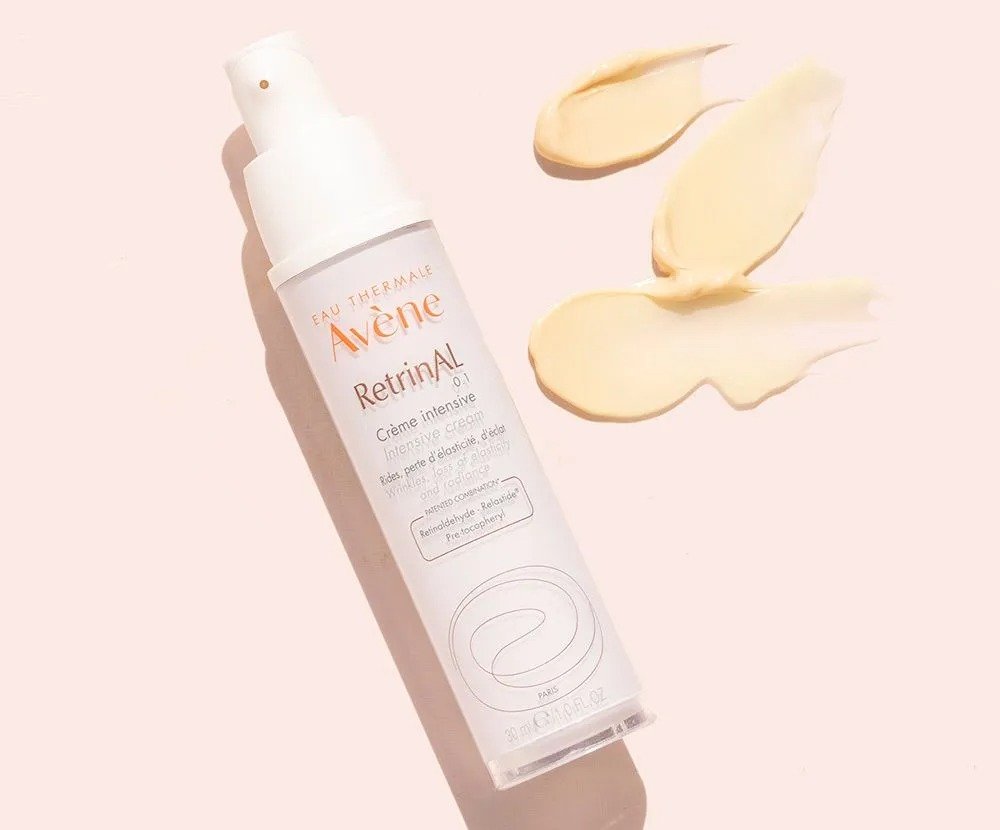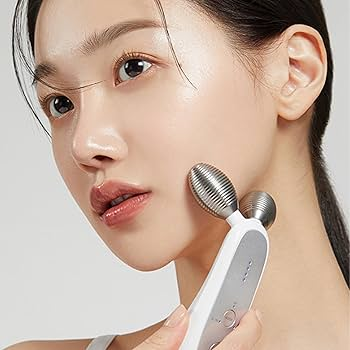Is Retinoid the Same as Retinol?
Are you confused? Don't worry, here's the short answer: Retinoids are a family of vitamin A derivatives that are used topically to treat skin conditions like acne and wrinkles. Retinols and retinoic acids (also called tretinoin) are both part of this family, but they have different strengths and applications.
Now let's dive a little deeper to understand the differences of these skincare powerhouses.
What is a Retinoid?
Retinoids are vitamin A derivatives that are used topically in many skin-care products. They work by increasing cell turnover rate, meaning they promote the production of new skin cells and reduce clogged pores, resulting in smoother and more even skin texture. They can also stimulate collagen production for firmer, younger-looking skin. Additionally, retinoids have anti-inflammatory properties which help reduce acne breakouts as well as discoloration from sun damage or other environmental aggressors. There are three main types of retinoids: retinols (which are derived from retinol, a form of vitamin A), retinaldehyde (derived from retinal, another form of vitamin A), and tretinoin (a synthetic form of all-trans retinoic acid).
Retinols:
Retinols are the most common type of topical vitamin A treatment. Retinols are not as potent as retinoic acid and take longer to produce results, but they are still highly effective for treating acne, wrinkles, and other skin issues. Many over-the-counter products contain these forms of vitamin A; however, it is important to note that higher concentrations tend to be more effective in improving skin conditions. Unlike retinoic acid, when you put retinol on your skin it’s not active—it converts in your skin to its active form before it starts to work its magic. If you build up your ability to use retinol on a very regular basis however, you might get the same effect as using a stronger retinoic acid.
We often discuss L'Oréal's Revitalift night serum at But More Importantly, as it contains pure retinol with a concentration of 0.3%. Despite this being a relatively low concentration of retinol, we’re still impressed by its effectiveness. The color and texture may be unusual, but it blends well into skin. For those with sensitive skin, First Aid Beauty's 0.25% concentration retinol product is a great option. This formulation has the additional benefits of collodal oatmeal and ceramides which soothe sensitivity. If you are looking to try out retinol but want something gentler, this could be a good place to start.
Revitalift Night Serum with 0.3 percent Pure Retinol has an optimal concentration and is dermatologist-validated for visible results: reduce wrinkles, even deep ones, while smoothing texture and moisturizing
Designed for sensitive skin and beginner retinol users, FAB Skin Lab Retinol Serum helps smooth and soften the appearance of fine lines and wrinkles, while imparting firmer-looking skin and a more youthful-looking complexion.
Retinaldehyde:
Also called retinal, this type of Vitamin A derivative is a milder form of retinoid than either retinol or tretinoin, but it still produces results. It helps reduce the appearance of fine lines, wrinkles and age spots while providing anti-inflammatory benefits to treat acne and other skin issues. The main benefit of this type of treatment is that it is gentle enough to be used on sensitive skin types. If you want efficacy while minimizing the risk of irritation and flakiness, retinal should be your go to.
We know a few sensitive souls who love Avène’s Retrinal products as they’re able to use them multiple nights per week with no irritation. Medik8 Crystal Retinal 3 is also a fantastic starter retinoid that won’t upset or break out your skin but will still deliver great results. A little goes a long way and slow and steady wins the race; we recommend introducing either of these once a week to your routine and building up from there.
A powerful, targeted anti-ageing cream, formulated with exclusive retinaldehyde, a non-irritating form of retinic acid.
Uniquely stabilised for optimum potency, Crystal Retinal is clinically proven to provide incredible age-defying results in just one tube: think visibly brighter, firmer and smoother-looking skin.
Retinoic Acid (Tretinoin):
Retinoic acid is the most potent form of topical Vitamin A treatment available and is usually prescription-strength. This type of Vitamin A derivative works quickly by increasing cell turnover rate and stimulating collagen production. However, because of its potency, it can cause redness, irritation, and dryness in some people with sensitive skin. If you really wanna take it up a notch and your skin can handle all the power this particular vitamin A can deliver, you’re going to need to go to a dermatologist to get a prescription for a product like Altreno (we’re fans of this particular one because of the texture of the formulation).
So to answer the question: Is retinoid the same as retinol? The answer is no. Retinoids are a family of vitamin A derivatives that can be broken down into three main categories: retinols, retinaldehyde, and tretinoin (or synthetic forms of all-trans retinoic acid). All three types work to reduce wrinkles, acne, and other skin issues but each type has different strengths and applications. No matter which you choose, use of a topical Vitamin A derivative can help you achieve smoother, firmer, and more youthful looking skin.
Do you have a skincare question you’d like to see covered? Email us at hello@butmoreimportantly.comBut More Importantly is the ultimate destination for finding the best cosmetics around. We take on the task of sifting through a vast array of options to find the most useful and expertly-recommended items that you can buy. Our team has recently scoured the market for everything from skincare routines for sensitive skin, to sunscreen basics, understanding wrinkles and acne mistakes. Our links are regularly updated to ensure that you get the best deals available, so make sure to check back often for new suggestions!



















